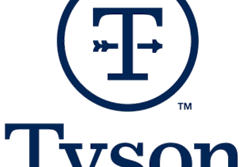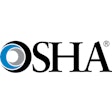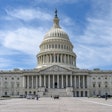
Policy changes in safety- and health-related issues will continue to be implemented and proposed under the Biden administration. With a full Democratic control of the House and Senate until 2022, the grain, feed and processing industry can expect a more expansive agenda to advance on major initiatives, including workplace-related COVID-19 guidelines, heat stress standards and new recordkeeping requirements.
The March COVID-19 relief bill included $100 million in appropriations to the Occupational Safety and Health Administration (OSHA) to assist the agency with standards and enforcement. The administration is requesting an additional $73 million funding increase in its budget request.
In April, the Biden administration submitted a request to Congress for fiscal year 2022 discretionary spending. Specifically, there is a request to increase the Department of Labor (DOL) budget by $304 million, or 17% over the 2021 enacted level, in the department’s worker protection agencies.
A share of the proposed funds would be used to “improve workplace health and safety” since DOL has lost 14% of its staff that conduct inspections and investigations.
Notably, Labor Secretary Marty Walsh has indicated he wants to double the number of OSHA inspectors by the end of Biden’s first term.
COVID-19 standard
In his first full day in office, President Biden issued the “Executive Order on Protecting Worker Health and Safety,” directing OSHA to revisit its COVID-19 strategy.
On Jan. 29, OSHA issued a workplace safety guidance on mitigating and preventing the spread of COVID-19 in the workplace.
The guidance recommended several essential elements in a prevention program:
- Conduct a hazard assessment
- Identify control measures to limit the spread of the virus
- Adopt policies for employee absences that don’t punish workers as a way to encourage potentially infected workers to remain home
- Ensure that coronavirus policies and procedures are communicated to both English and non-English speaking workers
- Implement protections from retaliation for workers who raise coronavirus-related concerns
Author Jess McCluer is vice president, Safety and Regulatory Affairs for National Grain and Feed Association (NGFA)
Jess McCluer manages NGFA’s wide-ranging operational programs concerning employee safety and industrial health, environmental issues, grain-handling facility design and equipment, and grain inspection and weighing issues. He is principal staff liaison to the Safety, Health and Environmental Quality Committee and Grain Grades and Weights Committee.



















